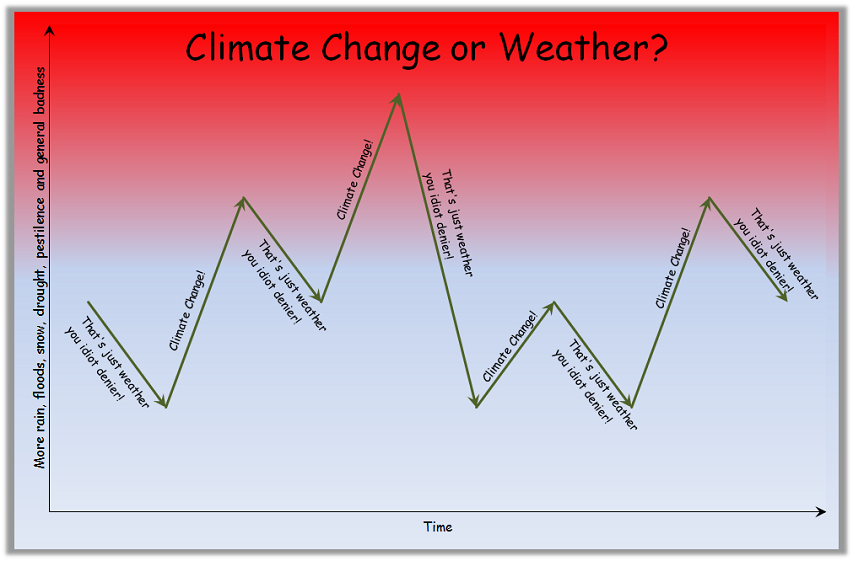There was in the man a certain instinctive antipathy to the concrete aristocrat and in particular to the aristocrat’s private code — the product, no doubt, of his essentially bourgeois origin and training. But if he could not go with the Junkers all the way, he could at least go the whole length of their distrust of the third order — the undifferentiated masses of men below. Here, I daresay, he owed a lot to Nietzsche. He was always reading German books, and among them, no doubt, were Also sprach Zarathustra and Jenseits von Gut und Bose. In fact, the echoes were constantly sounding in his own harangues. Years ago, as an intellectual exercise while confined to hospital, I devised and printed a give-away of the Rooseveltian philosophy in parallel columns — in one column, extracts from The Strenuous Life; in the other, extracts from Nietzsche. The borrowings were numerous and unescapable. Theodore had swallowed Friedrich as a peasant swallows Peruna — bottle, cork, label and testimonials. Worse, the draft whetted his appetite, and soon he was swallowing the Kaiser of the Garde-Kavallerie-mess and battleship-launching speeches — another somewhat defective Junker. In his palmy days it was often impossible to distinguish his politico-theological bulls from those of Wilhelm; during the war, indeed, I suspect that some of them were boldly lifted by the British press bureau, and palmed off as felonious imprudences out of Potsdam. Wilhelm was his model in Weltpolitik, and in sociology, exegetics, administration, law, sport and connubial polity no less. Both roared for doughty armies, eternally prepared — for the theory that the way to prevent war is to make all conceivable enemies think twice, thrice, ten times. Both dreamed of gigantic navies, with battleships as long as Brooklyn Bridge. Both preached incessantly the duty of the citizen to the state, with the soft pedal upon the duty of the state to the citizen. Both praised the habitually gravid wife. Both delighted in the armed pursuit of the lower fauna. Both heavily patronized the fine arts. Both were intimates of God, and announced His desires with authority. Both believed that all men who stood opposed to them were prompted by the devil and would suffer for it in hell.
If, in fact, there was any difference between them, it was all in favor of Wilhelm. For one thing, he made very much fewer speeches; it took some colossal event, such as the launching of a dreadnaught or the birthday of a colonel-general, to get him upon his legs; the Reichstag was not constantly deluged with his advice and upbraiding. For another thing, he was a milder and more modest man — one more accustomed, let us say, to circumstance and authority, and hence less intoxicated by the greatness of his state. Finally, he had been trained to think, not only of his own immediate fortunes, but also of the remote interests of a family that, in his most expansive days, promised to hold the throne for many years, and so he cultivated a certain prudence, and even a certain ingratiating suavity. He could, on occasion, be extremely polite to an opponent. But Roosevelt was never polite to an opponent; perhaps a gentleman, by American standards, he was surely never a gentle man. In a political career of nearly forty years he was never even fair to an opponent. All of his gabble about the square deal was merely so much protective coloration, easily explicable on elementary Freudian grounds. No man, facing Roosevelt in the heat of controversy, ever actually got a square deal. He took extravagant advantages; he played to the worst idiocies of the mob; he hit below the belt almost habitually. One never thinks of him as a duelist, say of the school of Disraeli, Palmerston and, to drop a bit, Blaine. One always thinks of him as a glorified longshoreman engaged eternally in cleaning out bar-rooms — and not too proud to gouge when the inspiration came to him, or to bite in the clinches, or to oppose the relatively fragile brass knuckles of the code with chair-legs, bung-starters, cuspidors, demijohns, and ice-picks.
Abbott and Thayer, in their books, make elaborate efforts to depict their hero as one born with a deep loathing of the whole Prussian scheme of things, and particularly of the Prussian technique in combat. Abbott even goes so far as to hint that the attentions of the Kaiser, during Roosevelt’s historic tour of Europe on his return from Africa, were subtly revolting to him. Nothing could be more absurd. Prof. Dr. Sherman, in the article I have mentioned, blows up that nonsense by quoting from a speech made by the tourist in Berlin — a speech arguing for the most extreme sort of militarism in a manner that must have made even some of the Junkers blow their noses dubiously. The disproof need not be piled up; the America that Roosevelt dreamed of was always a sort of swollen Prussia, truculent without and regimented within. There was always a clank of the saber in his discourse; he could not discuss the tamest matter without swaggering in the best dragoon fashion.
H.L. Mencken, “Roosevelt: An Autopsy”, Prejudices, part 2, 1920.







